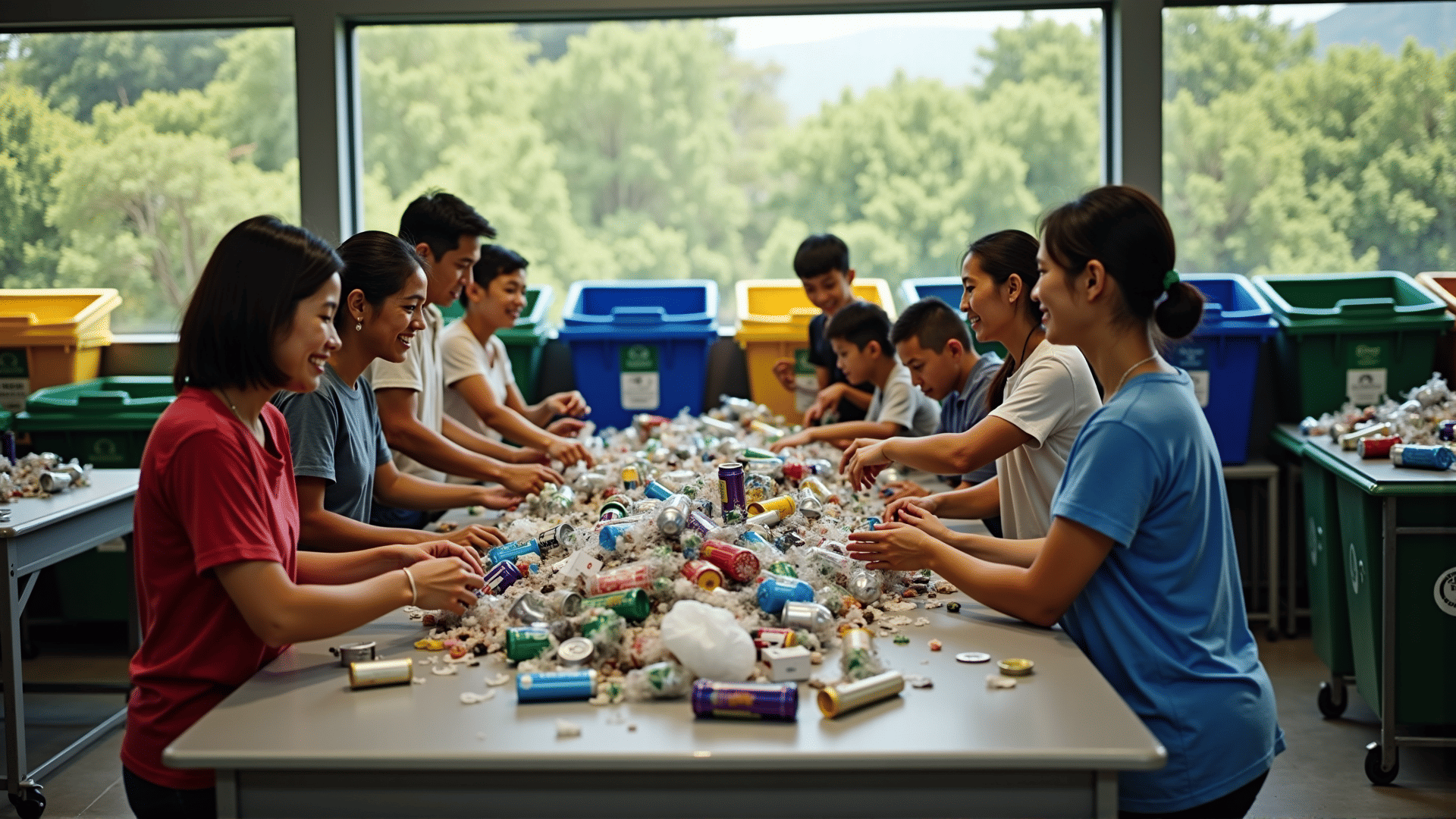In recent years, concerns about environmental sustainability have taken center stage, driving innovative approaches to recycling that are transforming how we view waste. These groundbreaking recycling programs are spearheading a revolution by turning discarded materials into invaluable resources, offering a glimpse into a future where waste is virtually nonexistent.
The core of these innovative recycling initiatives lies in advanced technology. State-of-the-art sorting systems equipped with artificial intelligence and machine learning are now capable of identifying and separating materials more efficiently than ever before. These technologies not only streamline the recycling process but also enhance the purity of the recycled materials, making them more viable for reuse in manufacturing.
A key component of these programs is the closed-loop system. By focusing on keeping materials in circulation for as long as possible, closed-loop recycling minimizes the need for virgin resources. This approach is particularly effective in industries like electronics and automotive manufacturing, where parts can be disassembled, refurbished, and reintroduced into the production cycle. The result is a dramatic reduction in resource consumption and environmental impact.
Additionally, innovative recycling programs are increasingly exploring the potential of organic waste. Through methods like anaerobic digestion and composting, organic materials are being converted into renewable energy and nutrient-rich soil amendments. This not only reduces the amount of waste sent to landfills but also contributes to sustainable agriculture by enriching the soil and promoting healthier crop yields.
Community involvement plays a crucial role in the success of these programs. Public awareness campaigns and educational initiatives are empowering individuals to separate their waste more effectively, ensuring that recycling streams are uncontaminated and easier to process. Incentive-based schemes are also encouraging households and businesses to participate actively in recycling efforts by offering rewards for consistent adherence to recycling guidelines.
Collaboration between governments, private enterprises, and research institutions is further propelling these efforts. By pooling resources and knowledge, stakeholders are driving the development of innovative materials and processes that enhance recyclability. This collaborative approach is essential in creating a sustainable system that can adapt and expand alongside technological advancements.
Ultimately, these cutting-edge recycling programs are reshaping the way we perceive and handle waste. As technology continues to evolve, the potential for even more groundbreaking innovations in recycling is enormous. By turning what was once considered refuse into valuable assets, these programs not only benefit the environment but also pave the way for a more sustainable and resource-efficient future for generations to come.
